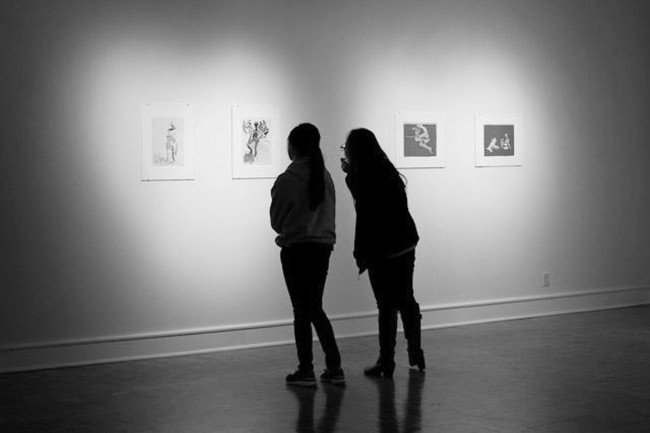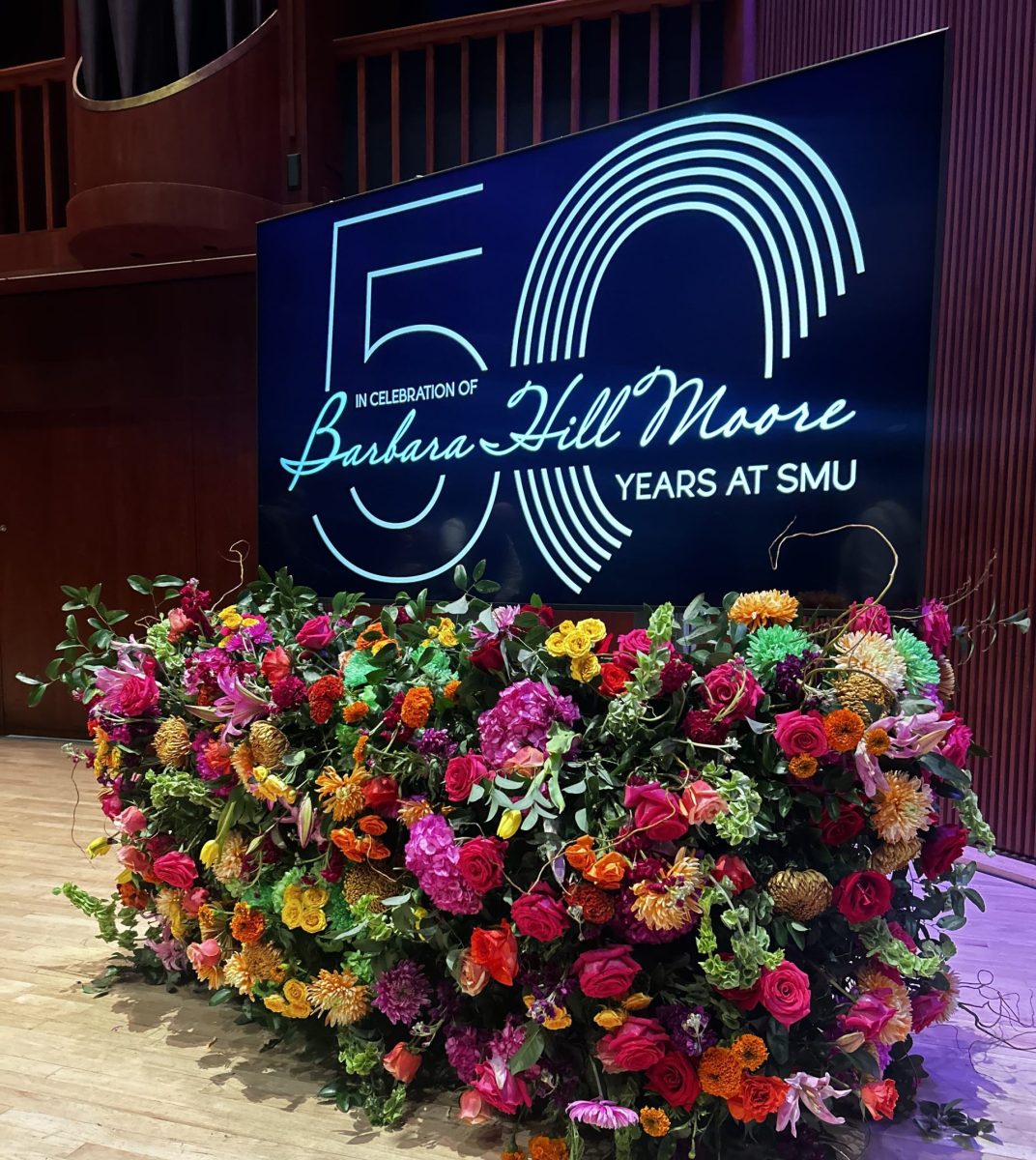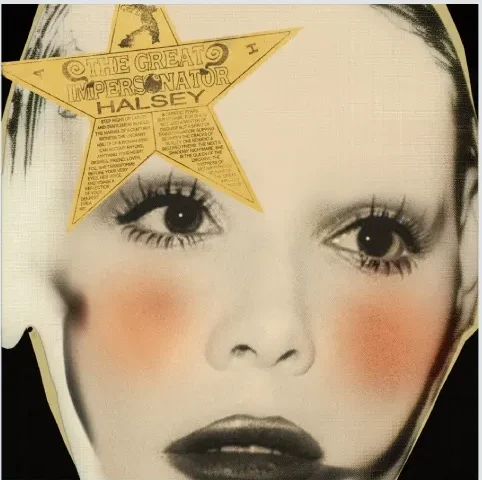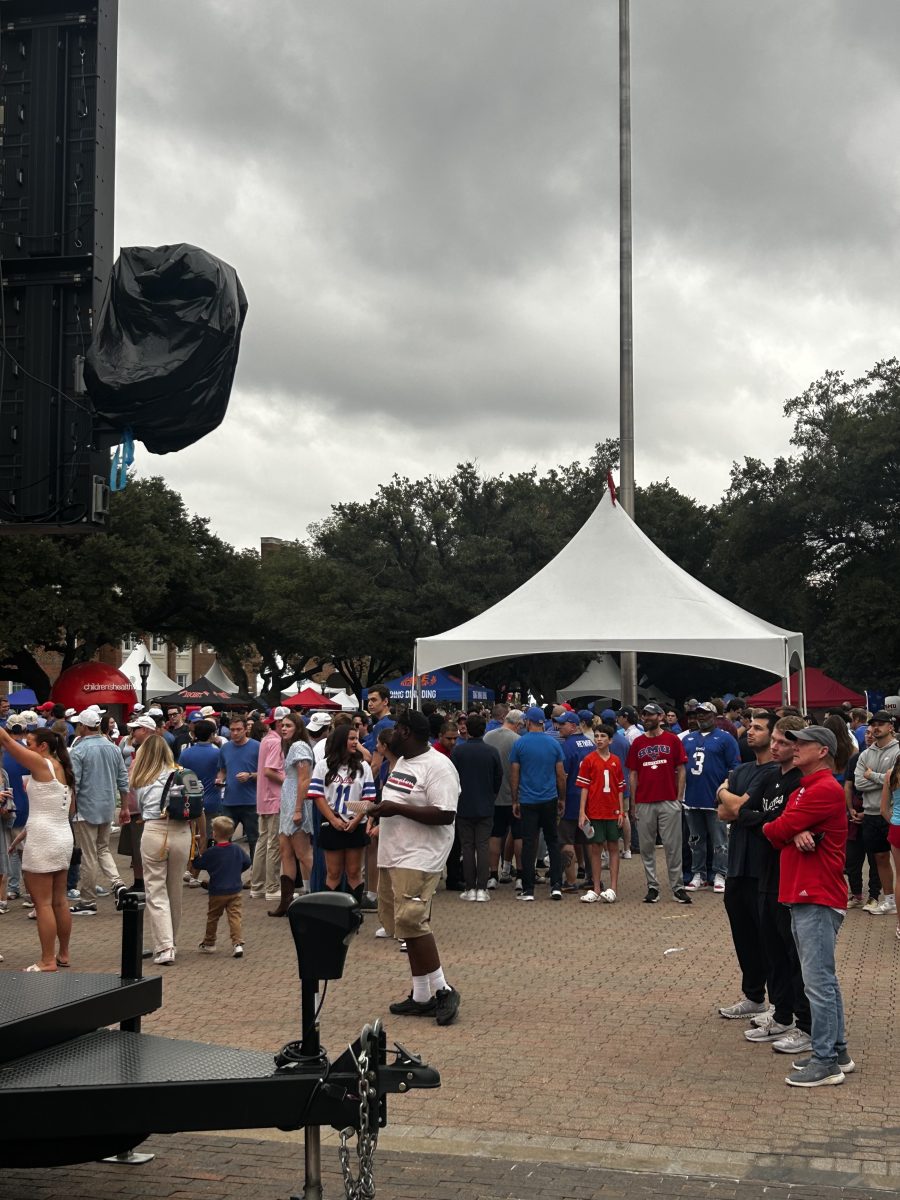Meadows School of the Arts has planned a diverse Fall 2014 season with shows both new and old.
As always, keep an eye out for the dance department’s student-choreographed and performed Brown Bag series from Oct. 6-10. The dance season also will include two ballets by Adam Hougland, a jazz Fosse-inspired work by guest choreographer Chet Walker, and “Handle,” a modern piece by Christopher Dolder.
Professor Dolder described “Handle” as a “three-dimensional Rorschach test” that explores “how we perceive identity, dimension and matter by manipulating the physical properties that we as an audience often assume are present in a performance.”
He will use technology, such as projections and Kinect motion sensing, to allow dancers to partner with a virtual image. Costumes will mask the identity of the performers and feature handles that can be used to manipulate audience perceptions of momentum and inertia.
In one section of the piece, dancers will be suspended from harnesses and dance horizontally, providing the illusion that gravity has shifted 90 degrees.
“I intend to demonstrate in this experimental work that collaboration across disciplines is fertile creative territory allowing for the happy marriage of art and science,” he said.
To open the Fall 2014 theatre season, Blake Hackler will direct “Black Snow,” Keith Reddin’s dramatization of a novel written by Mikhail Bulgakov.
The play is a satire about the trials and tribulations Bulgakov endured when the Moscow Art Theatre commissioned a play from him. Professor Hackler described the play as a “straight-ahead farce.”
“Although students at SMU do get a class on style in their last year, it is always a challenge and pleasure to introduce this kind of performance work to a new cast,” he said.
He also said audiences should know that the play is built around real events.
“Although this adaptation highlights the comedic elements of the world, the actual story grew out of a time of deep political upheaval in Russia — a history that, sadly, seems to be repeating itself,” he said.
“Black Snow” runs from Oct. 1-5 in the Greer Garson theatre.
Next in line for the theatre season, Rhonda Blair will direct “Top Girls” by Caryl Churchill for the third time in her career.
According to Professor Blair, Churchill wrote the play in 1982 “as a retort to Prime Minister Margaret Thatcher’s elevation of free market capitalism at the expense of social supports.” She says the play is even more pertinent now than it was in the early 1980s.
“Wealth inequality has only grown and there has been far too little change in terms of women’s agency and access in the last thirty years,” she said.
The show features an all-female cast.
“Our views about gender, about who is deserving and who isn’t, about what our responsibilities are to each other and about money as a bottom-line determinant of value and worth directly affect our ability to love and care for each other,” Professor Blair explained when asked why she wanted to direct the play for a third time.
She noted, “‘Top Girls’ is, quite simply, a brilliant play that embodies the inseparability of the ‘personal’ from the political, economicand historical.”
“Top Girls” runs Oct. 22-26 in the Margo Jones theatre.
The theatre season will conclude with “Look Homeward, Angel,” written by Ketti Frings and based on a novel by Thomas Wolfe, directed by Benard Cummings.
The play, a classic American drama and winner of the Pulitzer Prize for drama in 1958, is “rich in character and plot development, in a very linear way,” said Cummings.
“As we move forward into the 21st century, it becomes increasingly important to produce these old American chestnuts,” he explained. The play is set in the South in 1918, but he feels it is still relevant today.
“It proves the old adage: The more things change, the more they stay the same,” he said.
“Look Homeward, Angel” runs Dec. 3 through Dec. 7 in the Greer Garson Theatre.
The art department will host an impressive list of visiting artist lectures, including A.L. Steiner on Sept. 17, Doug Ashford on Oct. 23, Jamal Cyrus on Nov. 3 and Marie Lorenz on Nov. 24. The lectures take place at 6:30 p.m.
The Pollock Gallery will feature “Where are you from? Places of a present past” from Aug. 29 to Oct. 4. This exhibition explores the identity position of the Palestinian-Israeli through the work of Kamal Aljafari, Aissa Deebi and Dor Guez.
The Pollock Gallery will show “1972,” a film by Sarah Morris that juxtaposes images of Munich with interview footage of George Sieber, the psychologist who worked with the security team of the fateful 1972 Summer Olympics, when 11 Israeli athletes were kidnapped and murdered by the Palestinian terrorist group Black September. “1972” shows from Oct. 20 to Nov. 8.
The final exhibition in the Pollock Gallery, “Border Crossings,” will show from Nov. 14 to Dec. 12.
“Featuring works in video and photography from Washington, DC-based artist Julia Brown and Dallas-based artist Lauren Woods, Border Crossings will explore themes of representation, archives, history and memory,” said representatives of the art department.
The wind ensemble will feature a classical program in September with the Breaking Winds Bassoon Quartet. In November, they will host Pulitzer Prize-winning composer William Bolcom.









